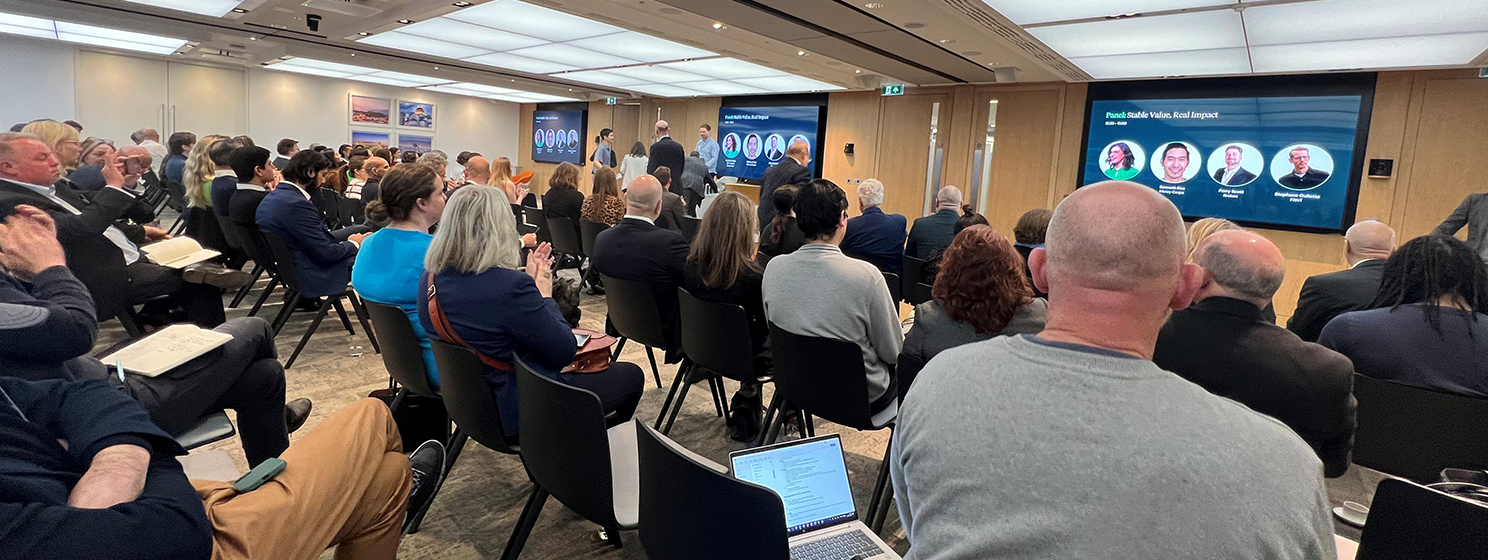|
Getting your Trinity Audio player ready...
|
The International Criminal Police Organization (Interpol) is working to police crime in the metaverse, even as the debate rages on about how extensive the punishment for such crime should be.
Interpol has built its own virtual reality (VR) space where its officers can attend meetings and train on the metaverse. This is to better equip the officers with expertise in the metaverse, enabling them to crack down on criminals.

Interpol’s secretary general, Jurgen Stock, believes that it’s crucial for the agency not to lag behind in this new frontier.
“Criminals are sophisticated and professional in very quickly adapting to any new technological tool that is available to commit crime,” he stated. “We need to sufficiently respond to that. Sometimes lawmakers, police, and our societies are running a little bit behind.”
While the metaverse is still a nascent technology, there have been several cases of crime in the various virtual worlds. In one instance, a security researcher in a metaverse platform posing as a 13-year-old girl revealed she had been subjected to sexual harassment, a rape threat, and racist insults. She described the metaverse as a “toxic combination of risks.”
The biggest metaverse platforms have not been exempt. Meta’s Horizon Worlds has seen cases of sexual assault for female avatars, despite the platform being limited to the U.S. and Canada.
While some of these instances are appalling, defining what a metaverse crime is and what the punishment should be, is proving a Herculean task.
Even Interpol, which wants to police the space, acknowledges that metaverse crimes are a contentious issue. Dr. Madan Oberoi, the executive director of technology and innovation at Interpol, noted that the agency struggles to decide whether some virtual crimes fall under current laws.
“There are crimes where I don’t know whether it can still be called a crime or not. For example, there have been reported cases of sexual harassment. If you look at the definitions of these crimes in physical space, and you try to apply it in the metaverse, there is a difficulty,” he told the BBC.
What really is a metaverse crime?
Some believe that any crime, even if it occurs in a virtual space, still affects the victims in a real way.
Ekō, a corporate accountability group based in San Francisco, is among those advocating for stricter metaverse policing. Virtual crimes “still count, they still have a real impact on users,” the group says.
Not everyone agrees. John Bandler, a professor teaching cybersecurity at Pace University in New York, thinks that laws were made to protect people, not avatars.
“I would view it more like speech or expression; less as a physical act against a person. Then we can analyze whether that speech or expression is permissible, protected, or not,” he told The Sun.
Lawyer Greg Pryor concurs. He says that while metaverse crimes are grabbing headlines now, they are just part of a decades-long trend of cyberbullying.
“All the trolling, virtual bullying, threats and bad behavior online happens all the time. It’s nothing new, and it’ll happen in the metaverse,” says Pryor, who works with Pennsylvania-based global law firm Reed Smith LLP.
However, this doesn’t make the metaverse a lawless dystopia. Users that, for instance, racially profile other users can—and should—be prosecuted for it.
The question then becomes—who should police the field? Interpol is bracing itself for a future in which it’s charged with cracking down on metaverse crimes. According to Oberoi, the tech lead, this makes training the officers critical to the agency.
“My typically used example is that if you have to save a drowning person, you need to know swimming. Similarly, if law enforcement is interested to help people who have been hurt in the metaverse, they need to know about the metaverse,” he stated.
Metaverse platforms have also been urged to make an effort to police their platforms. However, Meta (NASDAQ: META) has already clarified that it doesn’t intend to police Horizon Worlds or its other platforms.
“We wouldn’t hold a bar manager responsible for real-time speech moderation in their bar, as if they should stand over your table, listen intently to your conversation, and silence you if they hear things they don’t like,” wrote Meta’s president of global affairs Nick Clegg.
Watch: Masters of the Metaverse

 02-23-2026
02-23-2026 




